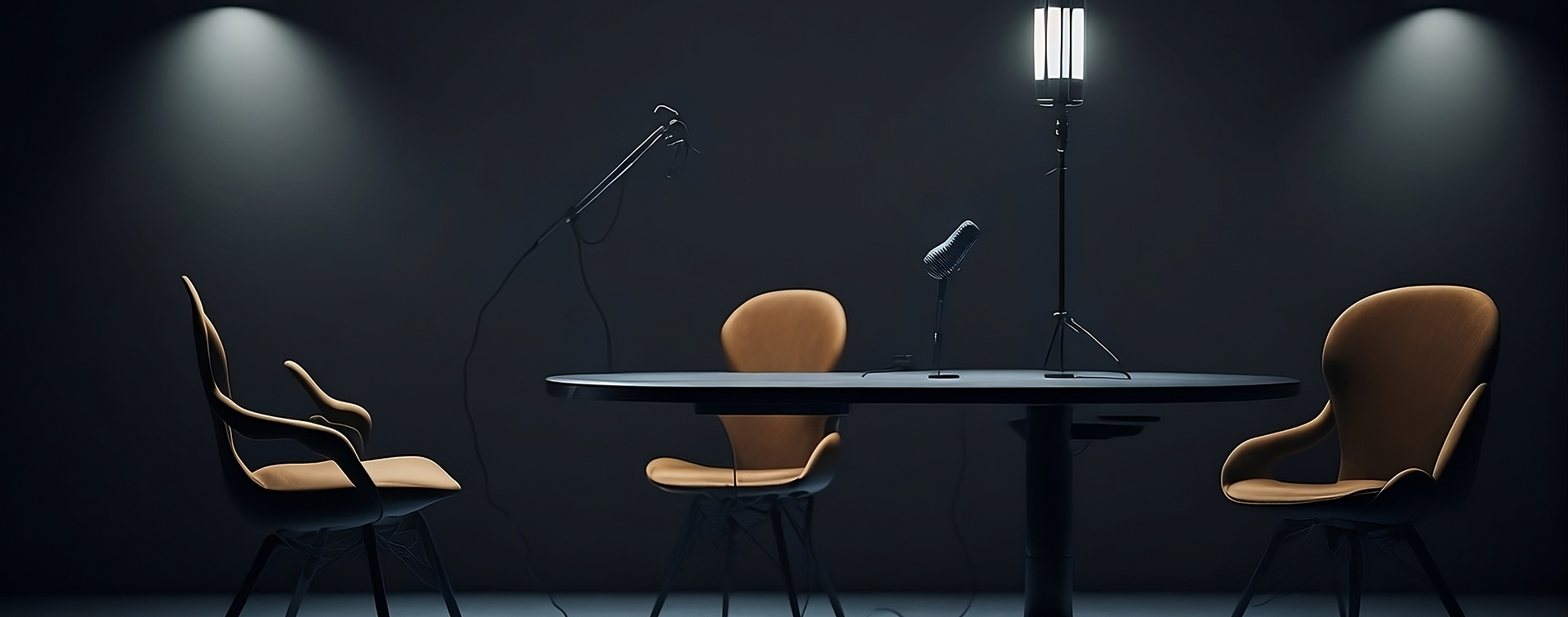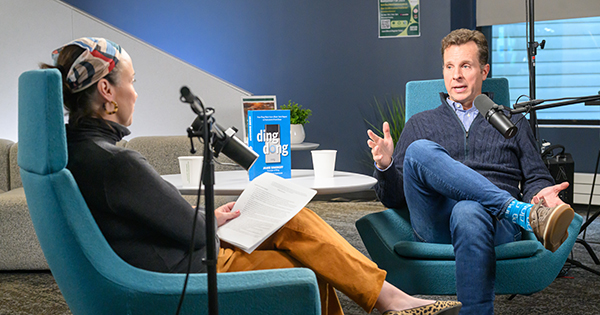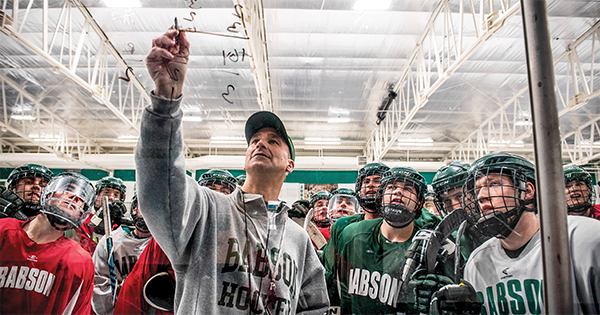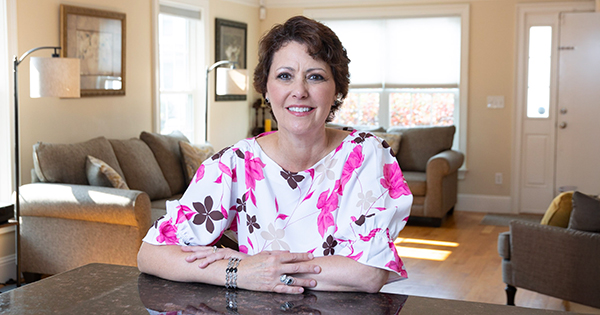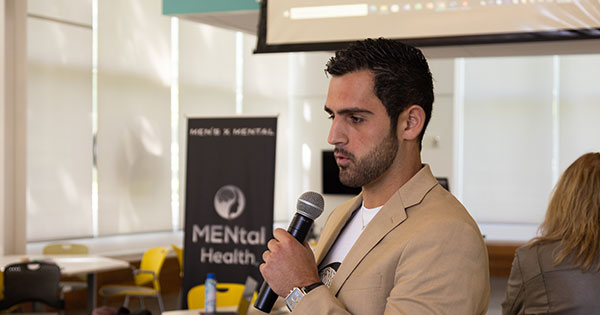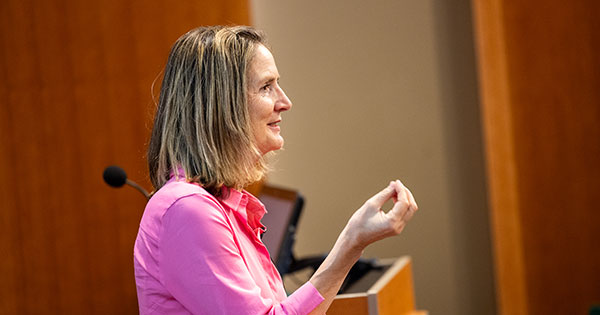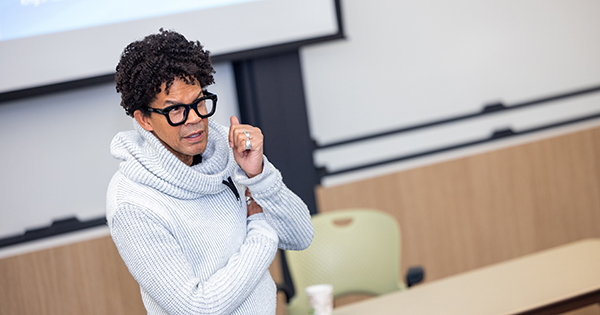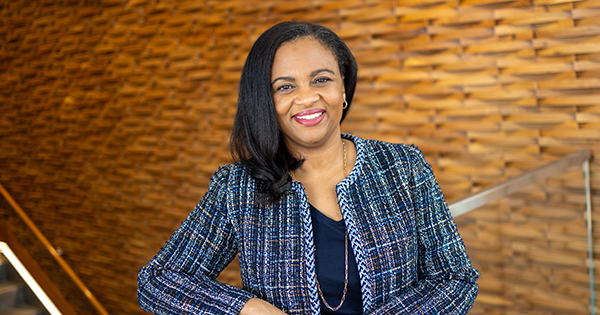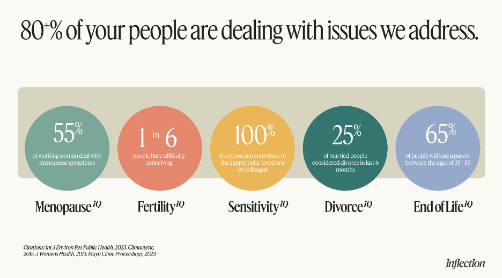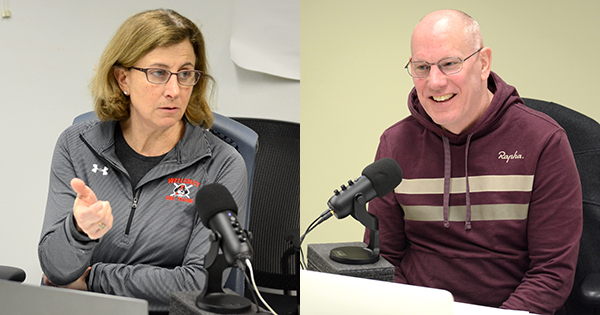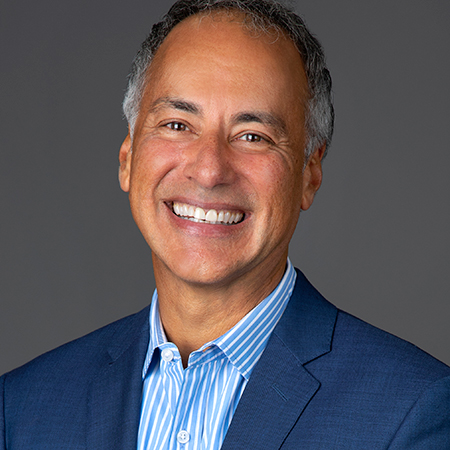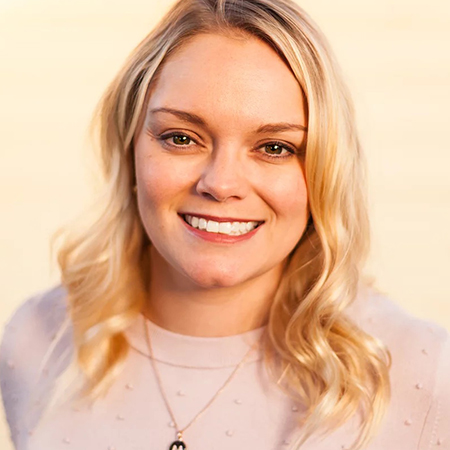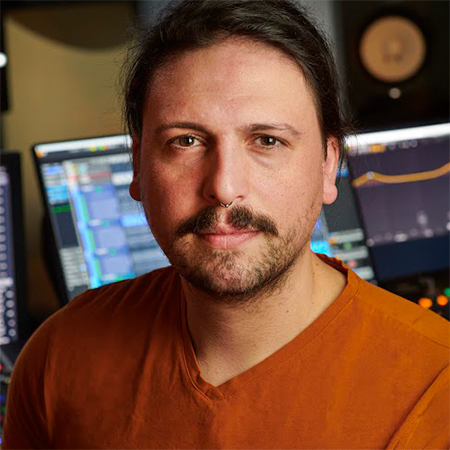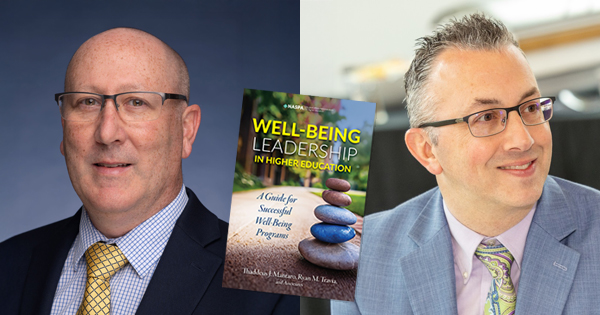
How Can Colleges and Universities Lead in Health and Wellness?
Season 2, Episode 5
Listen on:
Student well-being has moved from the margins to the center of higher education, and for good reason. Today’s students are feeling the squeeze of unprecedented pressure, heightened security concerns, and the nonstop anxiety of our times.
In this episode, we unpack how colleges are adapting, with two innovative national leaders on campus well-being: Ryan Travia, Ed.D., Associate Vice President for Student Success at Babson College, and Dr. Thad Mantaro, Dean of Student Health and Wellness at Dallas College. Though their schools serve students in different regions and different socio-economic backgrounds, their work reveals a common road map for what’s working, what’s falling short, and what students truly need to thrive in our times.
Show Notes
- Ryan Travia Bio
- Thad Mantaro LinkedIn Profile
- Ryan Travia and Thad Mantaro’s book, Well-Being Leadership in Higher Education
- Babson Thought & Action: Leading the Way: Babson Wellness Chief Elevates Well-Being Priorities in Higher Education
- Babson College Health and Wellness
- Dallas College: Student Well-being and Health Promotion and Eight Dimensions of Wellness
Production Credits
- Paul DeWolf, Executive Producer
- Kara Baskin, Host
- Ted Canova, Principal & Chief Content Officer, ShapingCulture.co
- Brian Morris, Editor/Mixer, ShapingCulture.co

